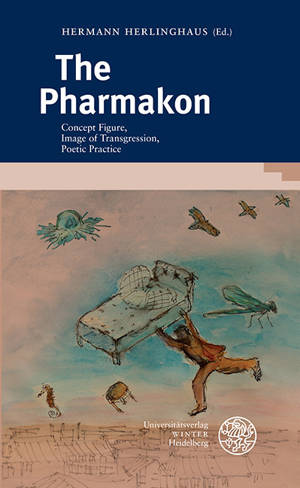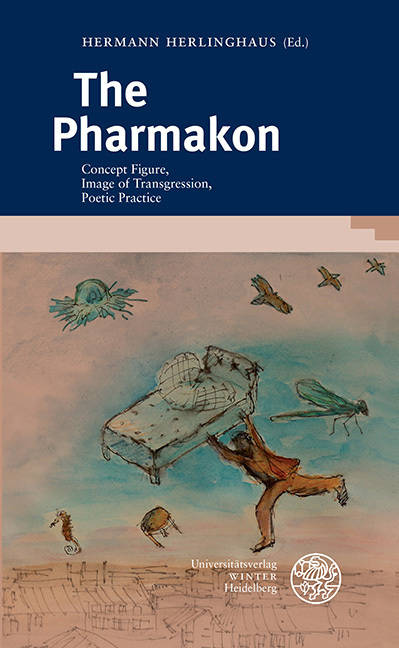
- Afhalen na 1 uur in een winkel met voorraad
- Gratis thuislevering in België vanaf € 30
- Ruim aanbod met 7 miljoen producten
- Afhalen na 1 uur in een winkel met voorraad
- Gratis thuislevering in België vanaf € 30
- Ruim aanbod met 7 miljoen producten
Zoeken
The Pharmakon
Concept Figure, Image of Transgression, Poetic Practice
€ 74,45
+ 148 punten
Omschrijving
The ancient Greek semantic of "pharmakon" comprised at least three meanings - denoting a medicine, a poison, and/or a magic potion. This helps to uncover a non-dogmatic meaning of "drugs." A millenarian cultural history testifies to the ongoing need of communities and societies to actively use and deal with "pharmaka," prominently including mind-altering substances. However, Western modernity has complicated an unbiased approach to the pharmacological aspects of historical and social life by aggressively multiplying, and later restricting psychoactive substances. The present volume questions a logic of good vs. bad drugs as it discusses a wide semantic spectrum - the cultural, anthropological, aesthetic, and poetological scope of the "pharmakon." In order to critically resituate the concept, the book offers a glance into compelling scenarios, European, North American, Latin American, Transatlantic, and fascinating transdisciplinary perspectives.
Specificaties
Betrokkenen
- Uitgeverij:
Inhoud
- Aantal bladzijden:
- 392
- Taal:
- Engels
- Reeks:
Eigenschappen
- Productcode (EAN):
- 9783825367404
- Verschijningsdatum:
- 4/05/2018
- Uitvoering:
- Hardcover
- Formaat:
- Genaaid
- Afmetingen:
- 137 mm x 213 mm
- Gewicht:
- 557 g

Alleen bij Standaard Boekhandel
+ 148 punten op je klantenkaart van Standaard Boekhandel
Beoordelingen
We publiceren alleen reviews die voldoen aan de voorwaarden voor reviews. Bekijk onze voorwaarden voor reviews.







